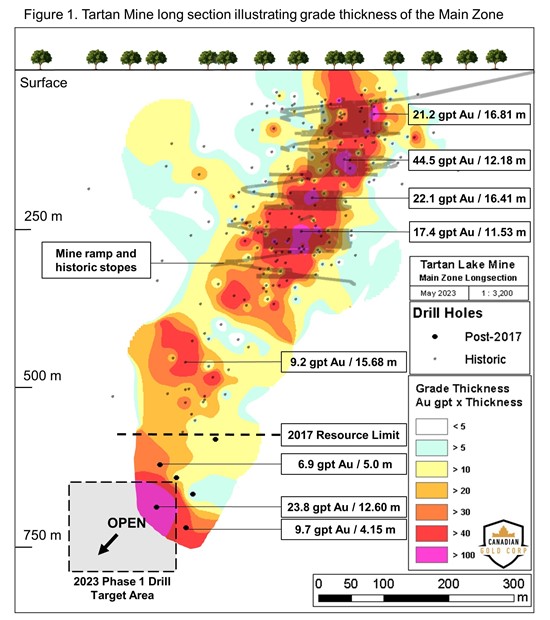US Solar Import Duties: A Blow To Malaysia And Others

Table of Contents
The Impact of US Solar Import Duties on Malaysian Solar Exports
The introduction of US solar import duties has dealt a substantial blow to Malaysia's solar export sector. The tariffs have led to a significant decline in Malaysian solar panel shipments to the US, causing widespread economic disruption.
Loss of Market Share and Revenue for Malaysian Solar Companies
The imposition of duties has directly translated to a considerable loss of market share for Malaysian solar companies. While precise figures are still emerging, preliminary estimates suggest a [Insert Percentage]% drop in exports to the US since the tariffs came into effect. This has resulted in substantial revenue losses for companies like [Insert Company Name(s) if available], impacting their profitability and future investment plans. The decrease in orders has also led to:
- Reduced production: Factories are operating below capacity, leading to underutilized resources and increased unit costs.
- Job losses: The reduced demand has unfortunately resulted in layoffs and salary reductions within the Malaysian solar industry. Precise employment figures are yet to be fully assessed but reports suggest [Insert Numbers or Percentage if available] job losses within the sector.
- Impact on downstream industries: The ripple effect extends to ancillary businesses involved in solar panel manufacturing, transportation, and installation.
Disruption of Supply Chains and Increased Costs for US Solar Projects
The US solar import duties have not only harmed Malaysian exporters but have also disrupted supply chains and increased costs for US solar projects. The tariffs increase the price of solar panels for US developers, impacting project budgets and potentially delaying project completion. This effect is magnified by:
- Increased project costs: Developers face higher upfront costs, leading to potentially less competitive pricing compared to other energy sources.
- Project delays: The complexities of navigating new tariff regulations and sourcing alternative suppliers lead to project delays.
- Reduced competitiveness of solar energy: The increased cost of solar projects undercuts the competitiveness of solar energy against fossil fuels in the US market.
Government Response and Support Measures for Malaysian Solar Exporters
The Malaysian government has responded to the US solar import duties with a range of support measures aimed at mitigating the impact on its solar industry. These initiatives include:
- Financial aid packages: The government has announced financial assistance programs for affected companies, including subsidies and low-interest loans.
- Trade negotiations: Malaysia is actively engaging in bilateral and multilateral trade discussions with the US to address the tariff issue and find a mutually beneficial solution.
- Diversification strategies: The government is encouraging Malaysian solar companies to explore new export markets to reduce reliance on the US market.
- Investment in R&D: Funding is being channeled towards research and development in solar technology to enhance competitiveness and create new export opportunities.
The Broader Global Impact of US Solar Import Duties
The impact of US solar import duties extends far beyond Malaysia. Many other countries, primarily China and Vietnam, are experiencing significant disruptions to their solar export industries.
Effects on Other Solar-Exporting Countries (e.g., China, Vietnam)
China, the world's largest solar panel producer, has been particularly affected by the US tariffs. The impact includes decreased exports, reduced production, and potential job losses. Vietnam, another major exporter, has also experienced a slowdown in its solar industry due to the tariffs. Both countries have responded with varying strategies, from diplomatic negotiations to increased domestic market development.
Increased Prices and Reduced Accessibility of Solar Energy in the US
The tariffs have resulted in higher prices for solar energy in the US market, making it less accessible to consumers and potentially hindering the growth of the renewable energy sector. This effect is exacerbated by:
- Reduced consumer demand: Higher prices may discourage consumers from adopting solar energy systems.
- Impact on renewable energy goals: The increased costs might impede the US government's ambitious renewable energy targets.
- Slowdown in Solar Energy Sector Growth: The overall growth of the US solar market has slowed due to the higher costs associated with solar panel imports.
The Implications for International Trade and Trade Relations
The imposition of US solar import duties has created significant tensions in international trade relations. It raises concerns about:
- Retaliatory tariffs: Affected countries may impose retaliatory tariffs on US goods, escalating trade disputes.
- Damage to global cooperation: The trade disputes may undermine global efforts to combat climate change and promote sustainable energy development.
- Uncertainty for global trade: The imposition of tariffs can create uncertainty and instability in the global market.
Conclusion: Navigating the Challenges of US Solar Import Duties
The imposition of US solar import duties has had profound and far-reaching consequences for Malaysia and other solar-exporting countries. The tariffs have caused significant economic losses, disrupted supply chains, and increased the cost of solar energy in the US. The long-term effects on global trade relations and the progress of the renewable energy sector remain uncertain. Navigating these challenges requires a multifaceted approach, including effective governmental policies, international cooperation, and a commitment to fair trade practices. To stay informed on the latest developments, we encourage readers to consult resources like the [Link to US Trade Representative Website] and the [Link to relevant Malaysian Government website]. By staying informed and advocating for fair trade and sustainable energy development, we can collectively work towards a more equitable and sustainable future for the global solar industry.

Featured Posts
-
 Canadian Gold Corp Secures 300 000 For Tartan Mine Ni 43 101 And Pea
May 30, 2025
Canadian Gold Corp Secures 300 000 For Tartan Mine Ni 43 101 And Pea
May 30, 2025 -
 Five Key Lng Projects In Bc Delays And Development Updates
May 30, 2025
Five Key Lng Projects In Bc Delays And Development Updates
May 30, 2025 -
 Blue Origin Rocket Launch Abruptly Halted Subsystem Failure Reported
May 30, 2025
Blue Origin Rocket Launch Abruptly Halted Subsystem Failure Reported
May 30, 2025 -
 Your Weekend Beach Escape Top San Diego County Beaches
May 30, 2025
Your Weekend Beach Escape Top San Diego County Beaches
May 30, 2025 -
 Golacos E Emocao Manchester United E Arsenal Ficam No Empate
May 30, 2025
Golacos E Emocao Manchester United E Arsenal Ficam No Empate
May 30, 2025
